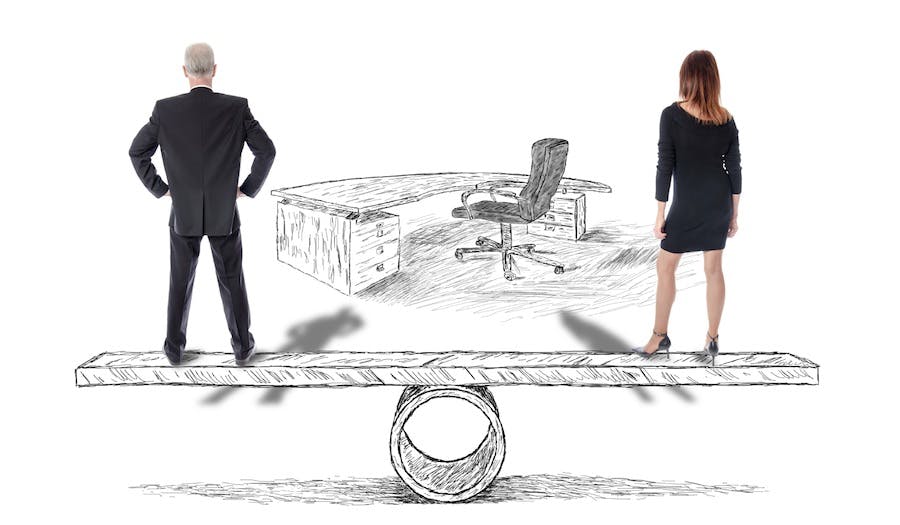The most comprehensive look at gender equality in Australia’s work environment has highlighted a gender bias in the nation’s leadership pipeline.
The inaugural findings released by the Workplace Gender Equality Agency, sourced from gender data provided by over 11,000 Australian employers, has revealed women represent only 26.1 per cent of key management personnel (KMP) and just 17.3 per cent of CEOs.
“There is now extensive evidence that shows women face clearly defined structural and cultural barriers in the workplace that make it harder for them to rise up the management ranks,” WGEA Director Helen Conway said.
“This is a lost opportunity given it’s accepted diverse teams underpin an organisation’s ability to innovate, meet the needs of customers and effectively manage risk.”
The research found women make up only 26.2 per cent of the top three tiers of management hierarchy in Australia’s workplaces.
The overall data showed that women are not moving up the “talent pipeline” as much as men. The Education and Training sector was found to be the most successful at progressing women from KMP to CEO levels, while Electricity, Gas, Water and Waste Services showed the largest decrease.
In some troubling results, women’s average total remuneration was revealed to be 24.7 per cent less than men’s across all industries and occupations.
The highest base and total remuneration gender pay gaps were found to be in Financial and Insurance Services (28.4% and 36.1% respectively).
“Organisations that are failing to engage, retain, develop and promote women during those critical childbearing and career acceleration years are incurring real bottom line costs in terms of staff turnover,” Ms Conway said.
“Yet, the vast majority of employers do not have the required strategies in place to create a level playing field and ensure women and men are equally represented, rewarded and valued in their workplaces.”
While 45.2 per cent of organisations were found to have policies in place to support employees with family and caring responsibilities, only 13.2 per cent actually have a strategy for this area.
Furthermore, the research highlighted a lack of planning from organisations regarding gender equality. 53.6 per cent were found to have gender equality policies in place, yet only 7.1 per cent have overall gender equality strategies.
Similar results were seen when focusing on flexible working conditions. Only 13.2 per cent of organisations have flexible working policies strategies in place, a factor the Australian Council of Trade Unions (ACTU) says highlights the lack of Government action.
“Tony Abbott’s own party doesn’t even support his paid parental scheme – so why doesn’t he focus on passing laws that are realistic and will actually make a difference to Australian women,” ACTU President Ged Kearney said.
“Instead, the Abbott Government has cut out of school hours care and slashed funding to improve the wages of low paid women working in childcare and aged care.”
Helen Conway, WGEA Director, says the Agency’s findings serve as a “roadmap” for employers wanting to stop gender inequality.
“Investors, employees, procurement officers and other interested stakeholders now have standardised gender performance data at their fingertips for over 11,000 employers,” Ms Conway said.
“Anyone who prioritises investing in, working for or buying from organisations with a superior approach to managing their people should be referring to the public reports of these organisations on our website. Similarly, employers now have the roadmap to once and for all consign workplace gender inequality to history.”

